Georgia has been rocked by four consecutive nights of protests after the government decided to suspend EU accession talks until 2028.
The idea of imposing sanctions on Georgian officials is back on the table in Brussels after a crackdown on pro-EU protesters prompted a new wave of condemnation, with Estonia, Latvia and Lithuania announcing they would unilaterally introduce restrictions.
"The three Baltic States jointly agreed to impose national sanctions against those who suppressed legitimate protests in Georgia," the foreign affairs ministers of the countries said on Sunday. "Opponents of democracy and violators of human rights are not welcome in our countries."
The common blacklist, published on Monday, includes 11 Georgian figures, such as the minister for internal affairs and several of his deputies, who will be slapped with an entry ban. Bidzina Ivanishvili, the secretive oligarch who tightly controls the ruling Georgian Dream party and supports closer ties with Russia, is also blacklisted.
The Baltic move immediately increased pressure on the EU to follow suit and apply coordinated sanctions on sitting officials, something that Brussels has so far resisted.
Kaja Kallas, the newly-appointed High Representative for foreign affairs, said the repression of protests would "have direct consequences from (the) EU side", without providing further details.
A spokesperson from the European External Action Service (EEAS), the bloc's diplomatic arm, said "next steps" would be discussed when foreign affairs ministers gather on 16 December. A meeting of ambassadors on Thursday could provide further clues.
In reaction to the Baltic move, diplomats from other countries signalled their openness to replicate the move at the EU level but admitted their respective governments did not yet have a definitive position on the sensitive matter. Several diplomats who spoke with Euronews cautioned the situation was still "evolving" on the ground.
Even if Brussels were to propose sanctions, it is far from guaranteed the required unanimity would be achieved. Hungary, in particular, could prove a formidable roadblock.
Shortly after the contested elections of October, Prime Minister Viktor Orbán flew to Tbilisi and urged his counterpart, Irakli Kobakhidze, to brush off international criticism.
"I would like to congratulate you on the fact that, in the context of your desire for European integration, you did not allow your country to turn into a second Ukraine," Orbán told Kobakhidze.
A group of 13 EU countries, including Germany and France, later denounced Orbán's visit for being "premature" and lacking a mandate to speak on the bloc's behalf.
Fresh protests
Georgia has been rocked by four consecutive nights of protests, with thousands gathered in front of the Parliament in Tbilisi, waving Georgian and EU flags.
Police have responded with water cannons, tear gas and pepper spray to disperse the crowds, resulting in chaotic clashes and at least 44 people hospitalised.
According to the Ministry of Internal Affairs, 224 people have been arrested since the start of protests, which are set to continue on Monday night. "Any illegal action will be followed by appropriate legal response from the police," the ministry said.
Coalition for Change, a pro-EU political platform, said one of its leaders, Zurab Japaridze, had been detained in a "residential district" after taking part in the demonstrations.
The outcry began last week when Kobakhidze announced his government would suspend membership talks with Brussels until the end of 2028 and refuse any reception of EU funds.
"It is categorically unacceptable for us to consider integration into the European Union as a favour that the European Union should grant us," he said.
Kobakhidze's decision did not have an immediate impact because EU leaders had previously frozen the accession process over the passing of two controversial laws targeting NGOs and LGBTQ+ rights that raised comparisons with the Kremlin. The European Commission considers the laws incompatible with the bloc's values and has stopped providing funds directly to the authorities, only sending them to civil society.
However, many in Georgia saw the prime minister's words as an affront to the country's Constitution, which compels state bodies to "take all measures within the scope of their competences to ensure the full integration of Georgia into the European Union and the North Atlantic Treaty Organization."
President Salome Zourabichvili, a staunch pro-EU advocate whose term is about to end, slammed the government for "turning its back" on the EU and "its front towards Russia."
The suspension came the same day the European Parliament adopted a highly critical resolution that called for a re-run of October's general elections, which were marred by reports of intimidation, coercion and vote-buying. The poll saw Kobakhidze's party, Georgian Dream, secure a majority of seats with nearly 54% of all votes.
The European Parliament also demanded sanctions on officials and political leaders "responsible for the democratic backsliding, violations of electoral laws and standards, administrative abuses and misuse of state institutions."
The list proposed by MEPs features Kobakhidze himself, Tbilisi's mayor, the Parliament's speaker, Georgian Dream's chairman and Bidzina Ivanishvili.
Until now, Brussels has avoided going down the sanctions avenue, hoping the government would at one point reverse course and resume its engagement.
The possibility of suspending a visa liberalisation agreement between the EU and Georgia has also been floated but never moved forward because of its potential impact on the ordinary population, including those who support European integration.
The latest developments could make the bloc reconsider both options.

 4 months ago
39
4 months ago
39
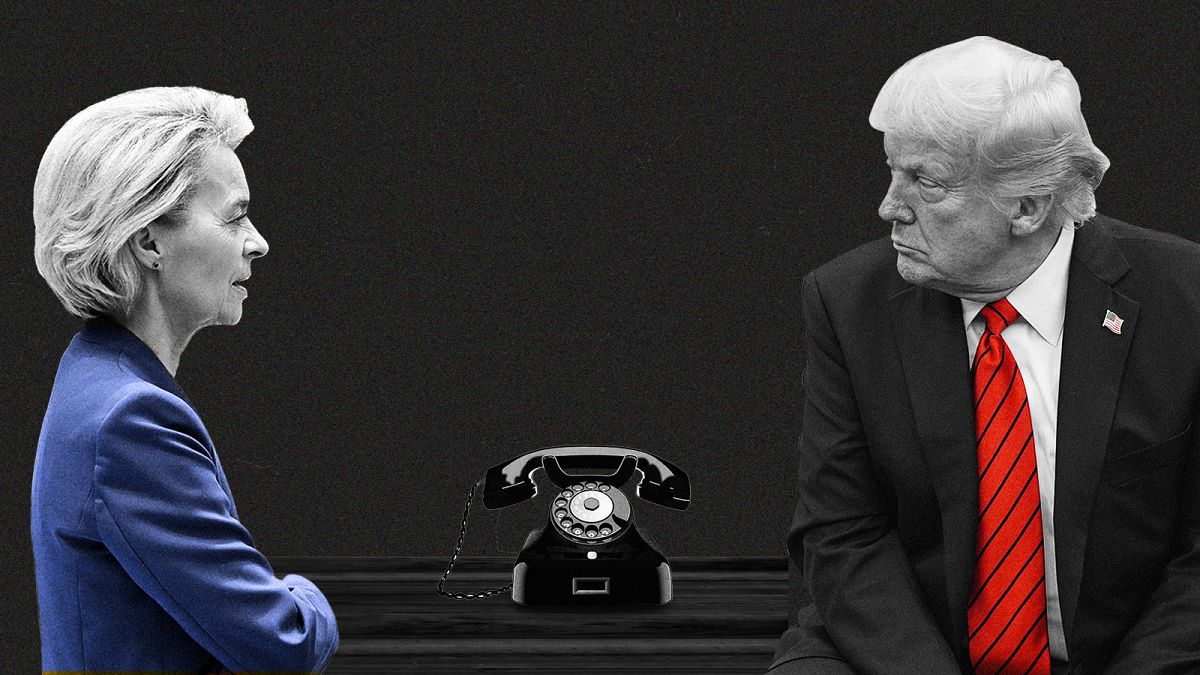
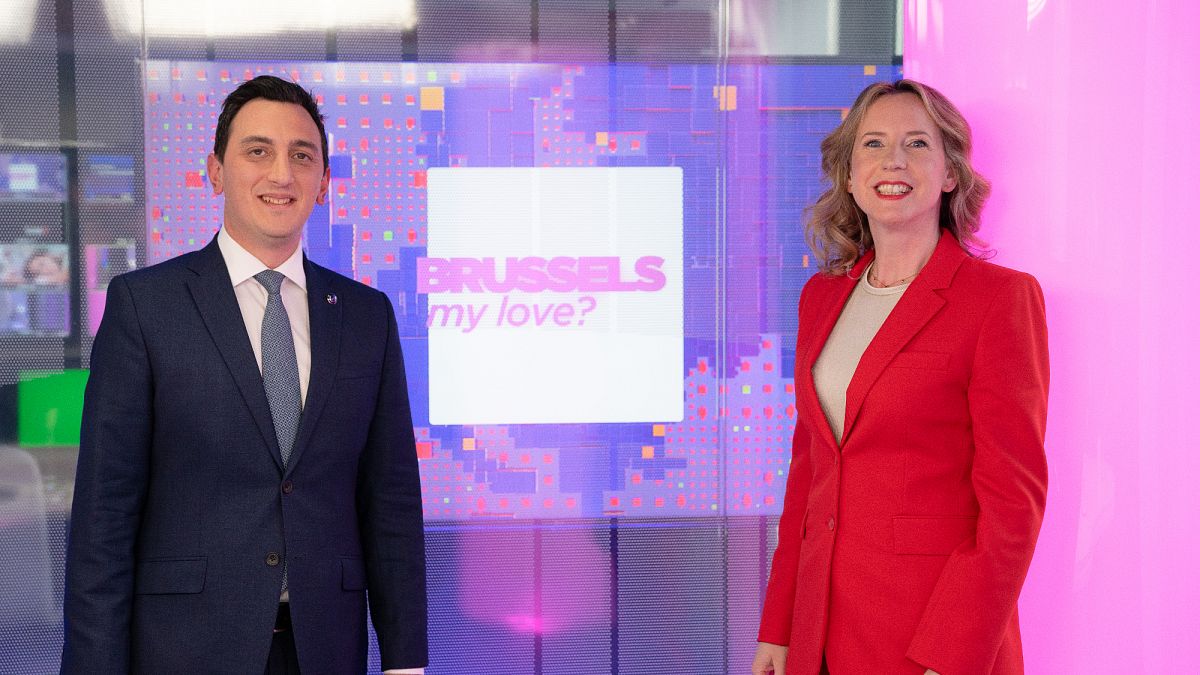
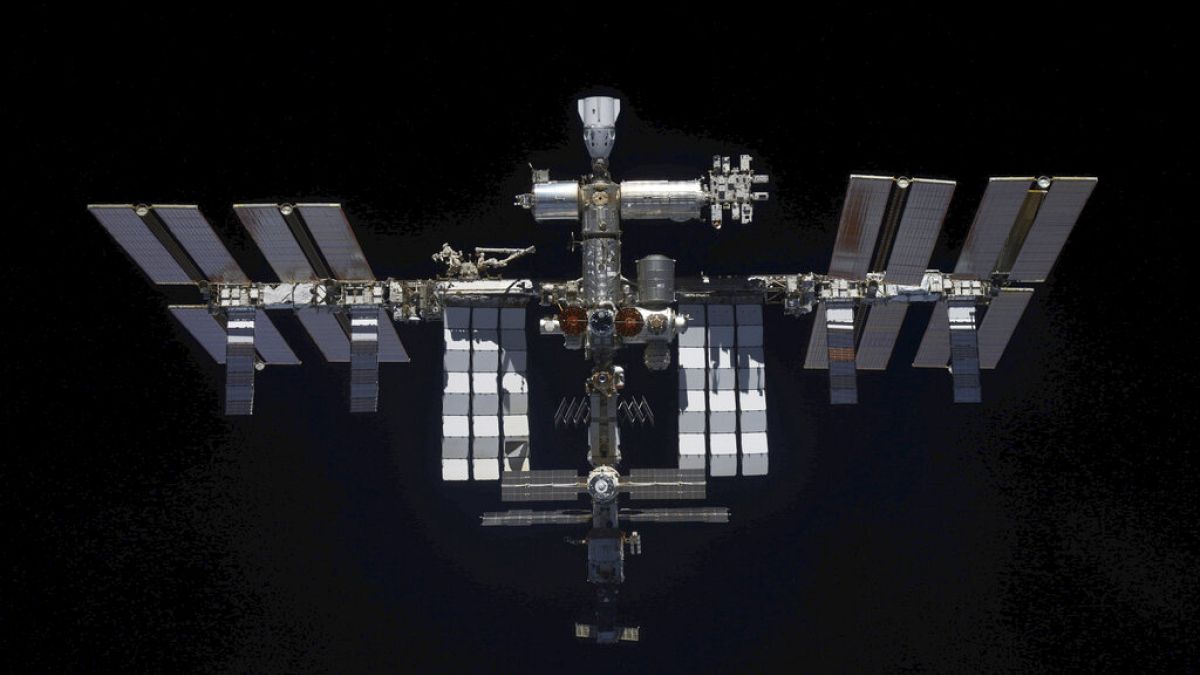
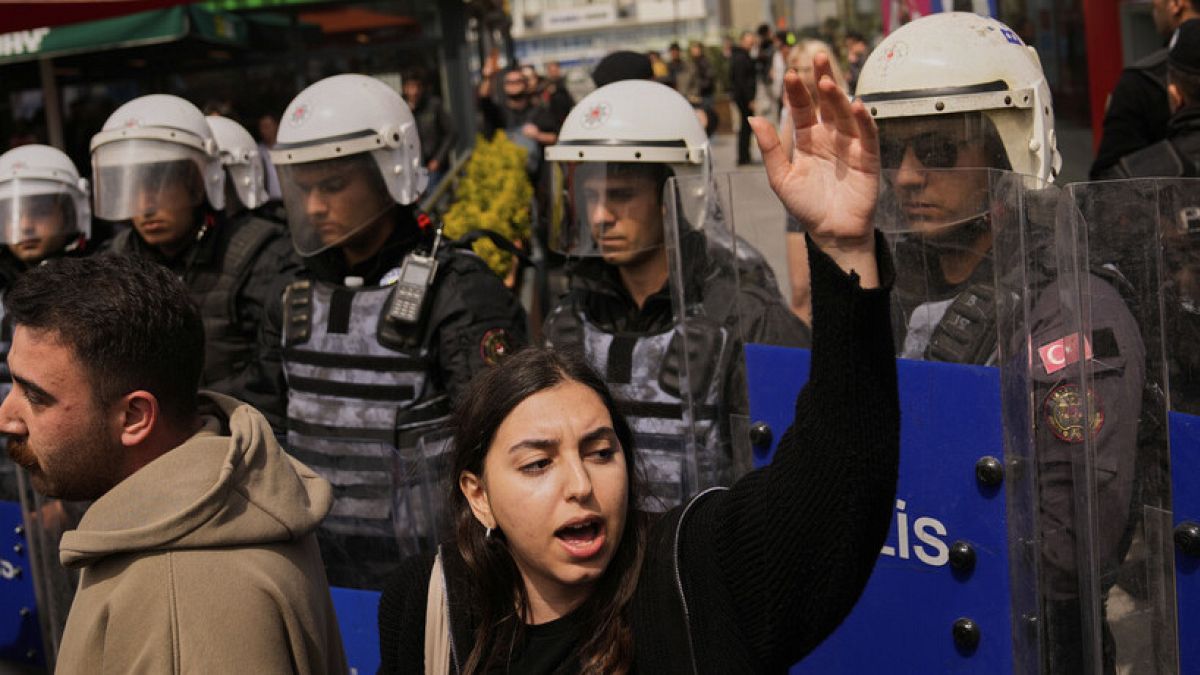

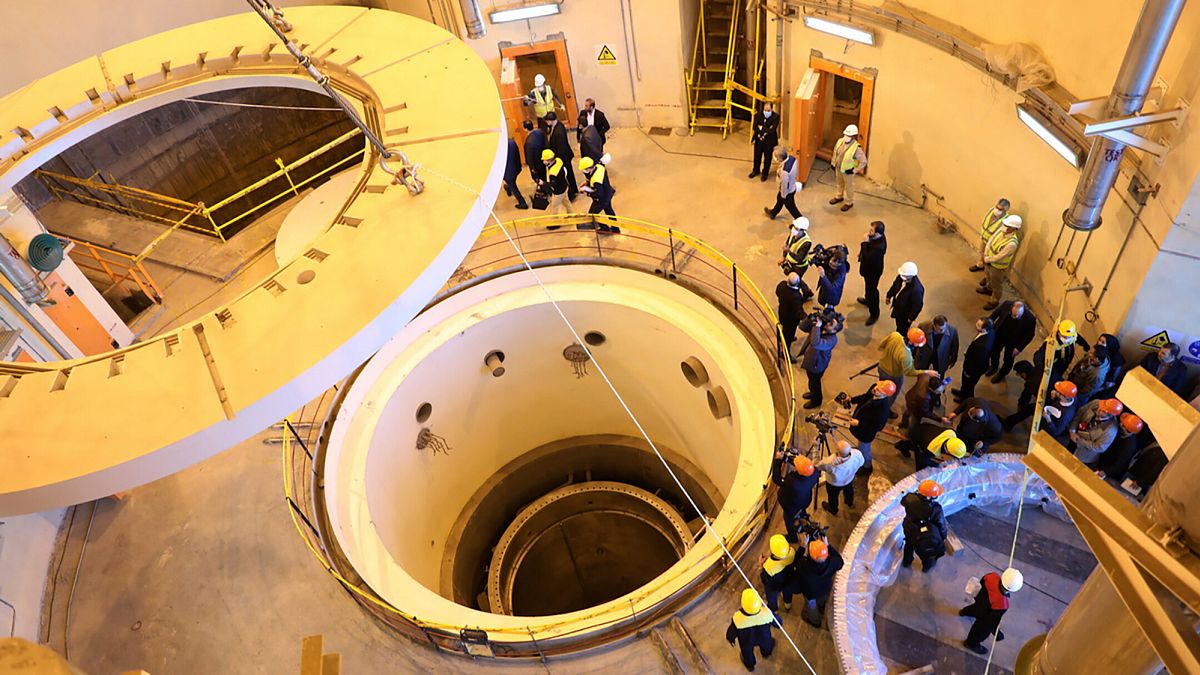
 We deliver critical software at unparalleled value and speed to help your business thrive
We deliver critical software at unparalleled value and speed to help your business thrive






 English (US) ·
English (US) ·